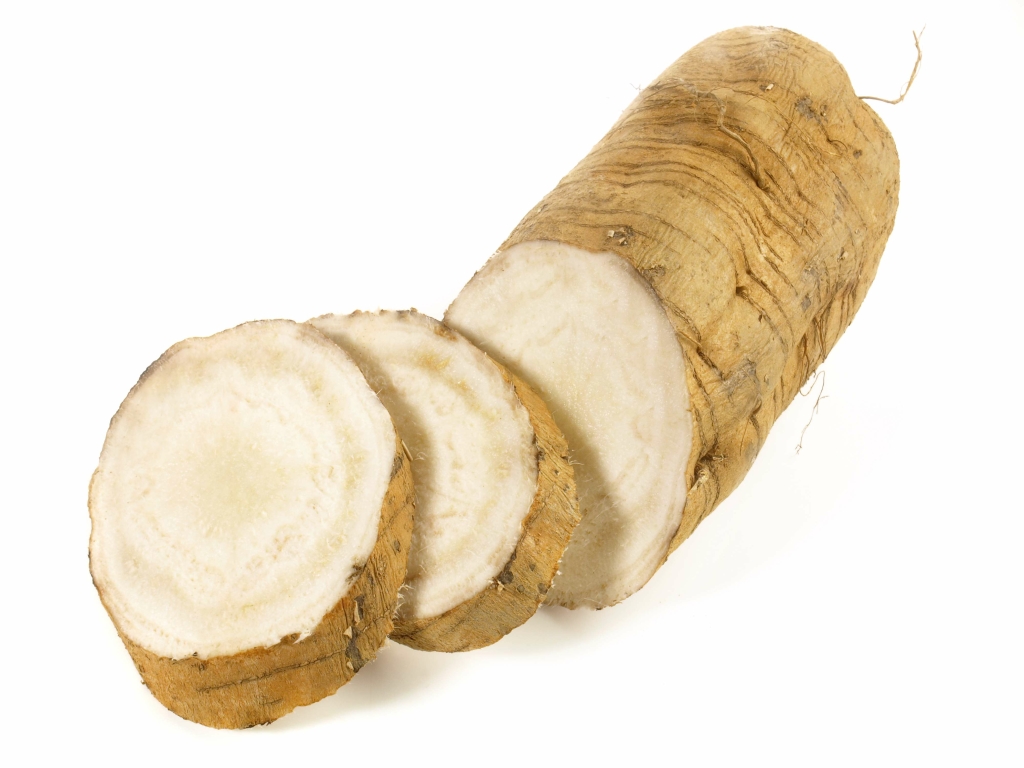Alcohol use disorder Symptoms and causes
For a female, heavy drinking is defined as more than seven drinks per week or more than three drinks per day. We hope this introduction to the main alcoholic recovery stages has been helpful. There is now a convincing answer to the question of “can you recover from alcoholism.” It is much easier to beat alcoholism with the help of trained professionals at a rehab center. An inpatient rehab center’s program of recovery for alcoholics involves therapy and intensive counseling to help find positive ways of coping with the issues that led them to start abusing alcohol, to begin with. Treatment programs last for a minimum of 30 days and can go on for one year.
- See the Core article on recovery for additional, effective strategies that can help your patients prevent or recover from a relapse to heavy drinking, including managing stress and negative moods, handling urges to drink, and building drink refusal skills.
- Include the names of everyone on your medical and support teams and how to contact them.
- Disulfiram is an older drug that works by causing an adverse reaction to alcohol whenever you drink it.
- Current definitions also do not necessarily align with AUD criteria as set forth in DSM-5.
- In 2022, 17.7 million people reported using marijuana anywhere from 25 to 30 days per month, compared to just 900,000 daily or near daily users in 1992.
Risk factors
Clinical evidence suggests that the most common causes of relapse during this stage are neglecting self-care or not attending self-help groups. During this stage, most people focus their energy on coping with cravings and resisting the urge to drink. The abstinence stage typically begins right after you stop drinking. One reason for limited data is the lack of a research definition of recovery.

Sobriety in AA: We made changes to stop drinking
- Studies with longer-term follow-ups tend to employ smaller, less representative samples.
- People recovering from alcohol misuse or addiction often experience difficult, painful emotions.
- Some definitions of sobriety call for complete lifelong abstinence while others focus on developing coping mechanisms that can reduce harm with the understanding that setbacks are common.
- Group meetings are available in most communities at low or no cost, and at convenient times and locations—including an increasing presence online.
- Some folks assume that people showing signs of this syndrome are about to relapse and drink again, but this isn’t always the case.
- Alcohol use disorder can include periods of being drunk (alcohol intoxication) and symptoms of withdrawal.
2Alcohol-related functional impairment varies among individuals and may involve intimate, family, and social relations; financial status; vocational functioning; legal affairs; and residence/living arrangements. “But for all of those people, it’s essentially a part of their daily life, not a part of their social or recreational life,” Caulkins said. More than 1 in 5 people ages 12 and older in the U.S. said in the same survey they had used marijuana at least once in the past year. Recreational marijuana has been legalized by about half of U.S. states. Surround yourself with supportive loved ones, attend self-help group meetings, and/or go to therapy sessions.
What Is Recovery in Alcohol Use Disorder?
- This is of particular concern when you’re taking certain medications that also depress the brain’s function.
- Following detox, a physician might also prescribe a medication to discourage alcohol use.
- Having a chaotic or disorganized lifestyle can also hinder your recovery.
- These and other outpatient options may reduce stigma and other barriers to treatment.
- Now that you are sober, you may have discovered that some of your past relationships were not only unhealthy but downright toxic.
Therapy is useful to help teach someone how to manage the stress of recovery and the skills needed to prevent a relapse. Also, a healthy diet can help undo damage alcohol Top 5 Advantages of Staying in a Sober Living House may have done to the person’s health, like weight gain or loss. As an addiction tends to get worse over time, it’s important to look for early warning signs.
Experts have tried to pinpoint factors like genetics, sex, race, or socioeconomics that may predispose someone to alcohol addiction. Psychological, genetic, and behavioral factors can all contribute to having the disease. 50.2 million American adults https://theillinois.news/top-5-advantages-of-staying-in-a-sober-living-house/ considered themselves to be in recovery from their substance use and/or mental health problems. Behavioral treatments—also known as alcohol counseling, or talk therapy, and provided by licensed therapists—are aimed at changing drinking behavior.

